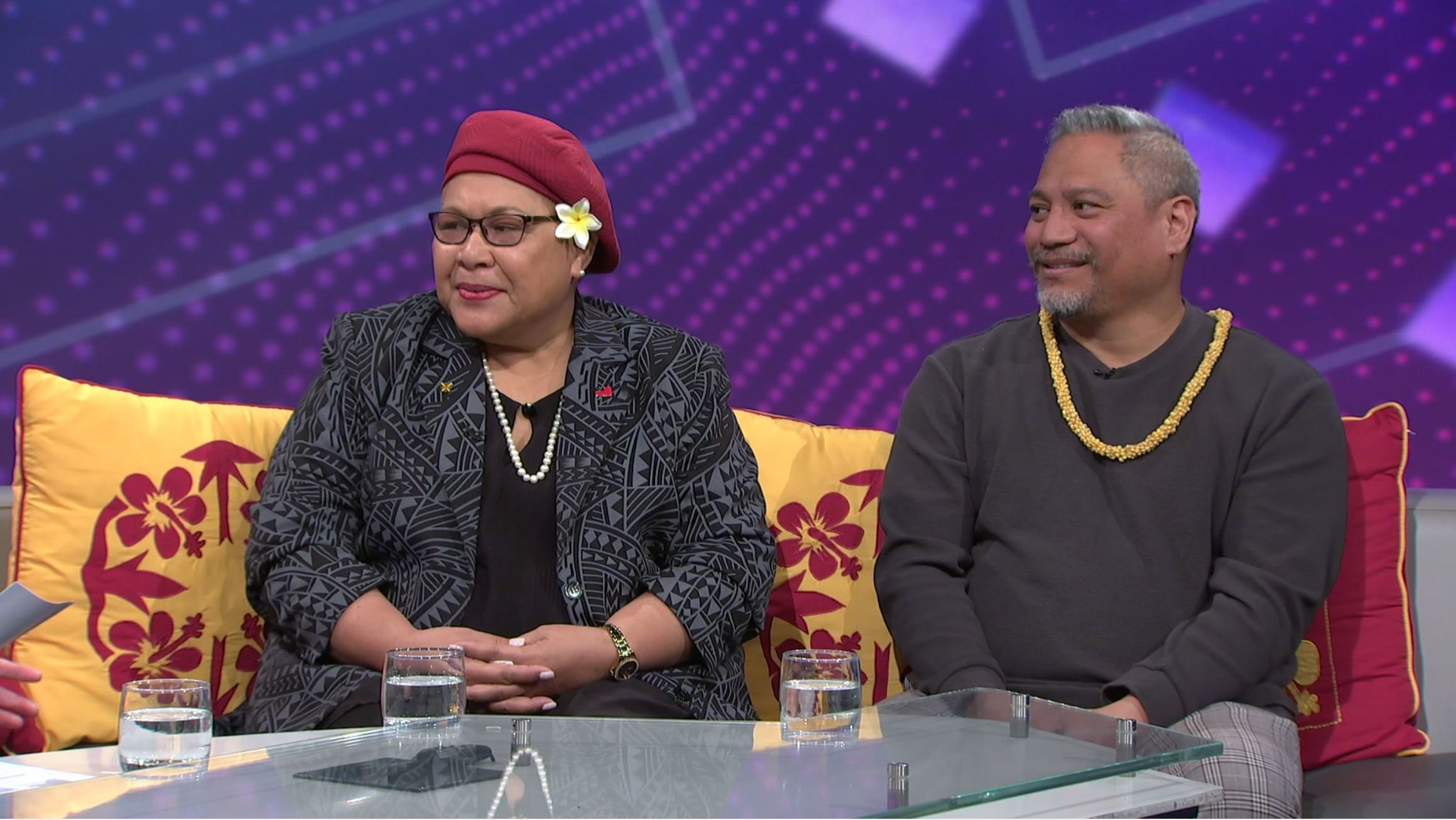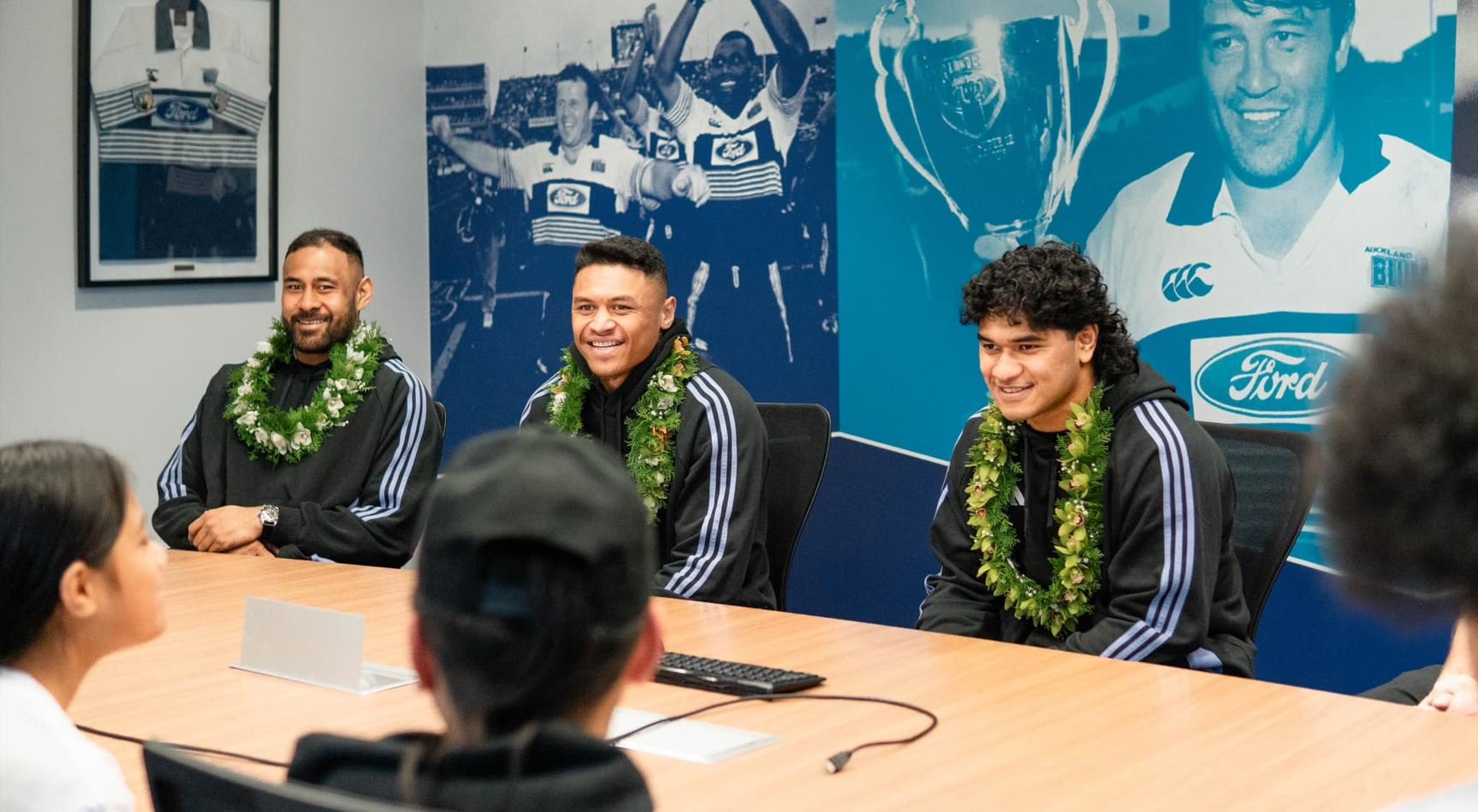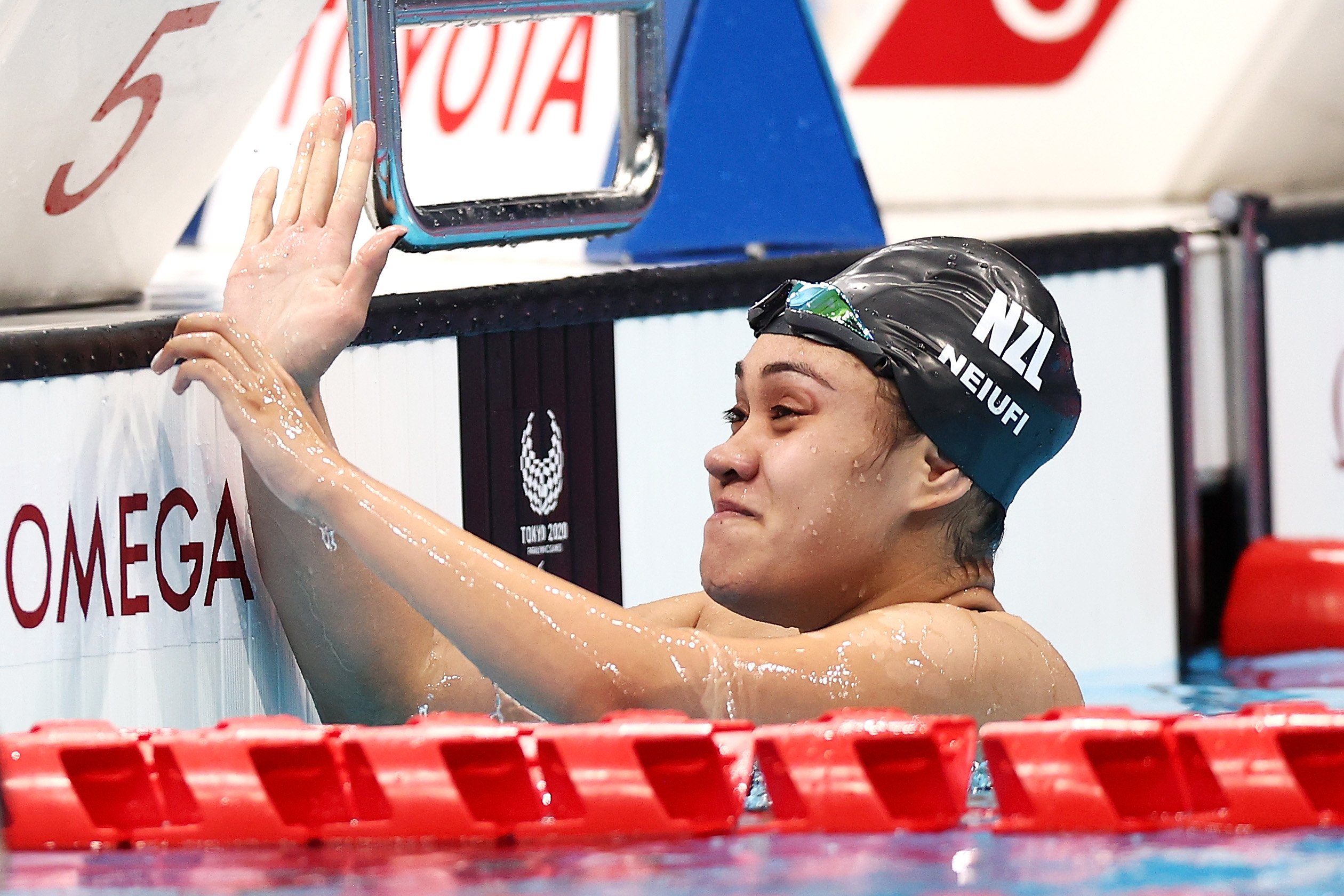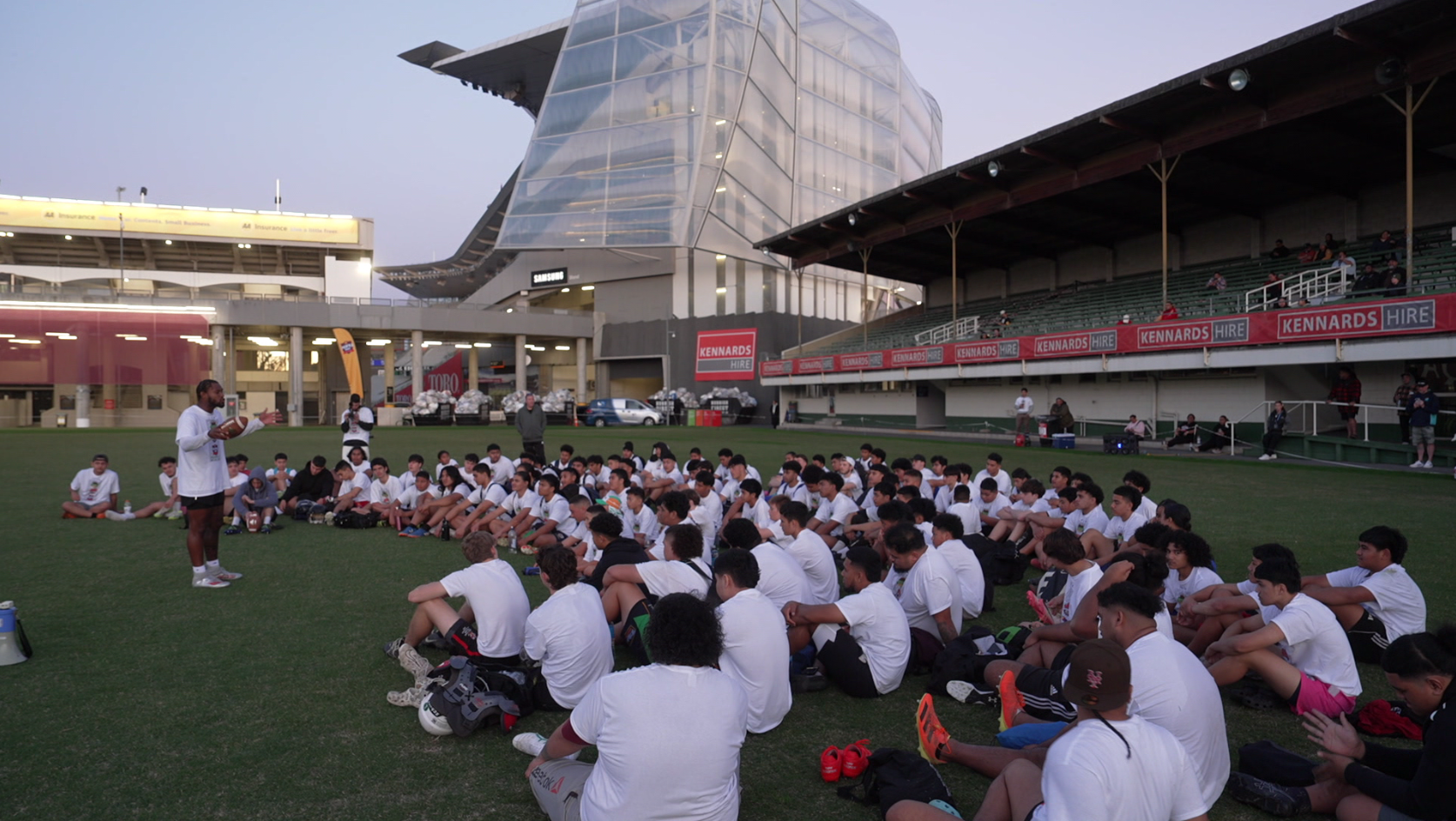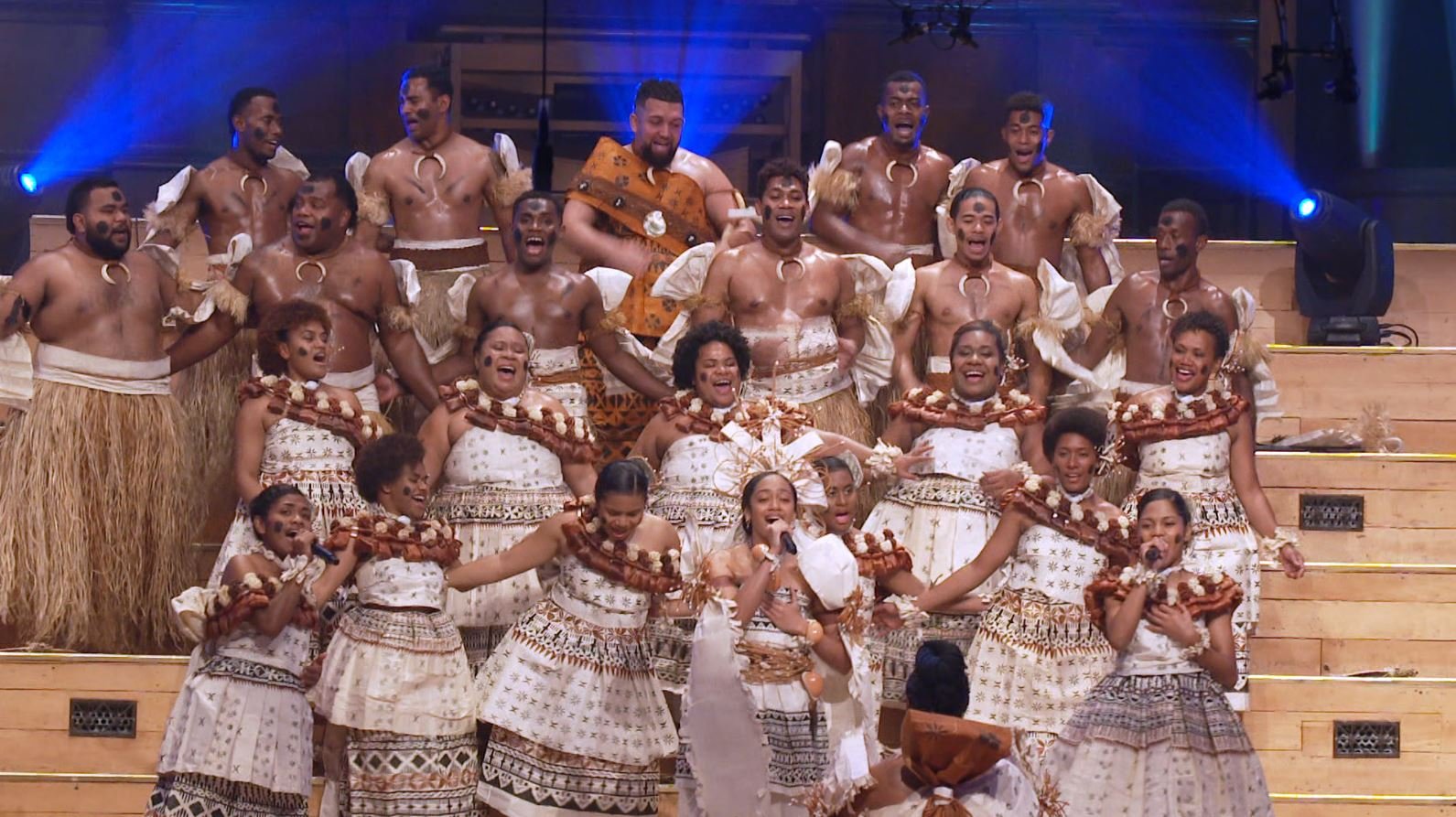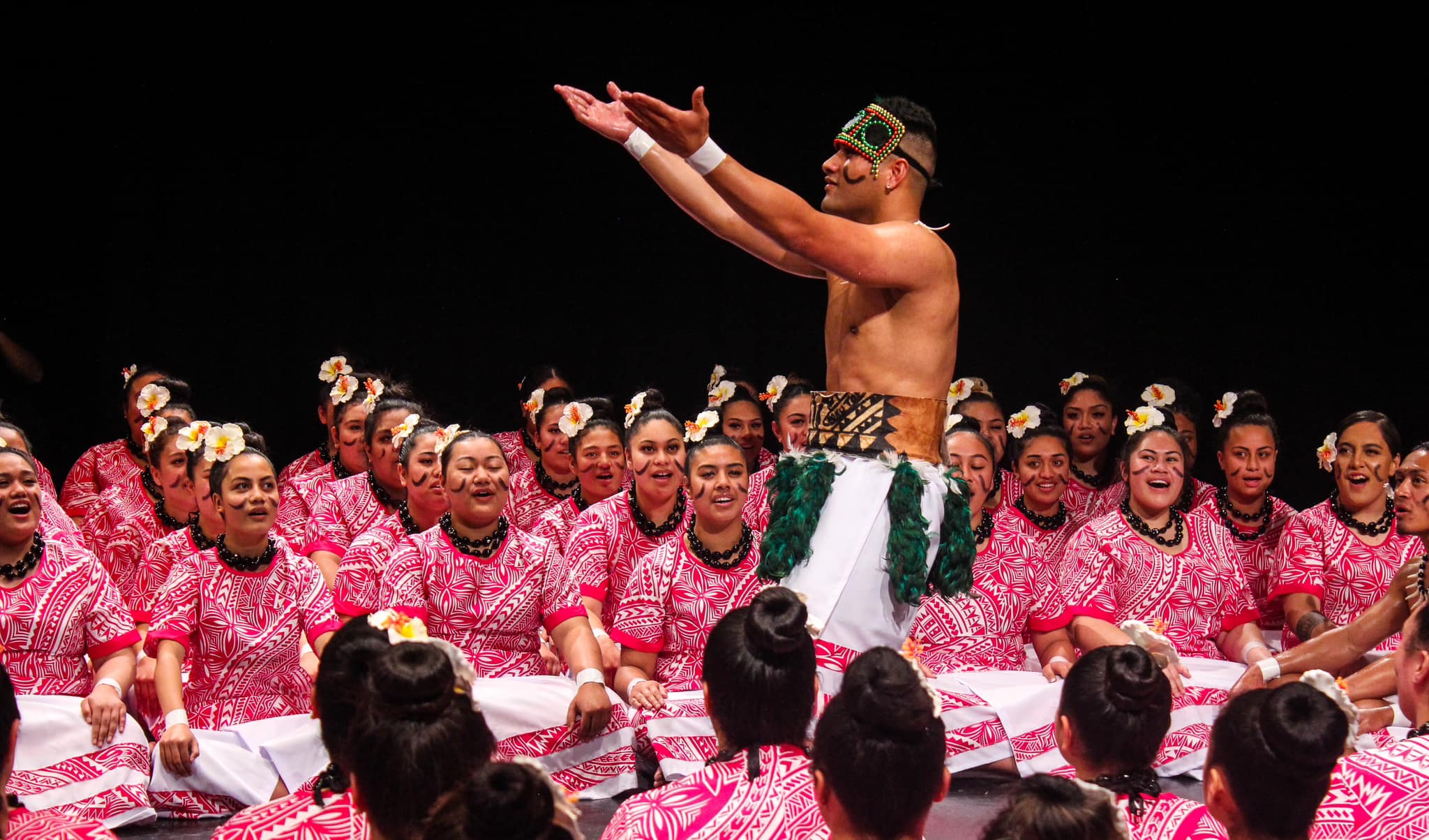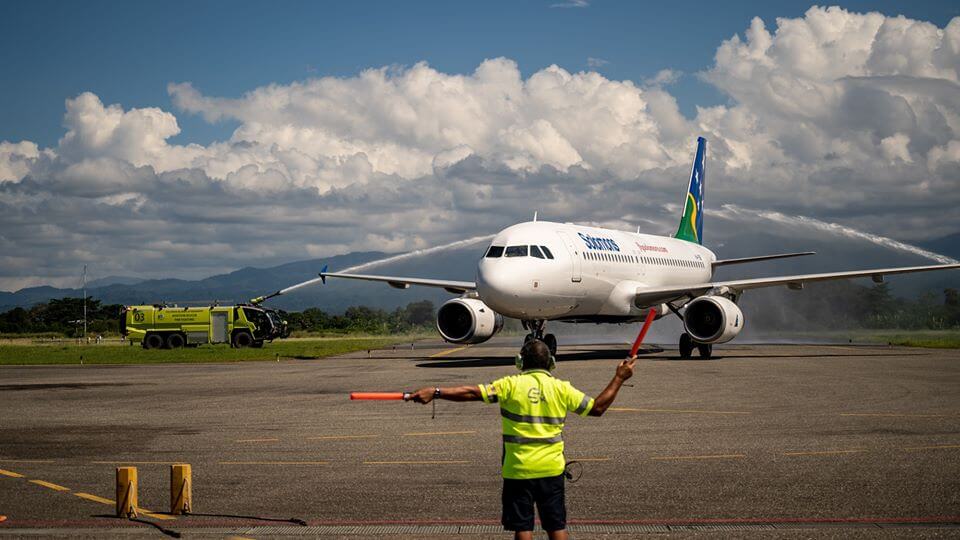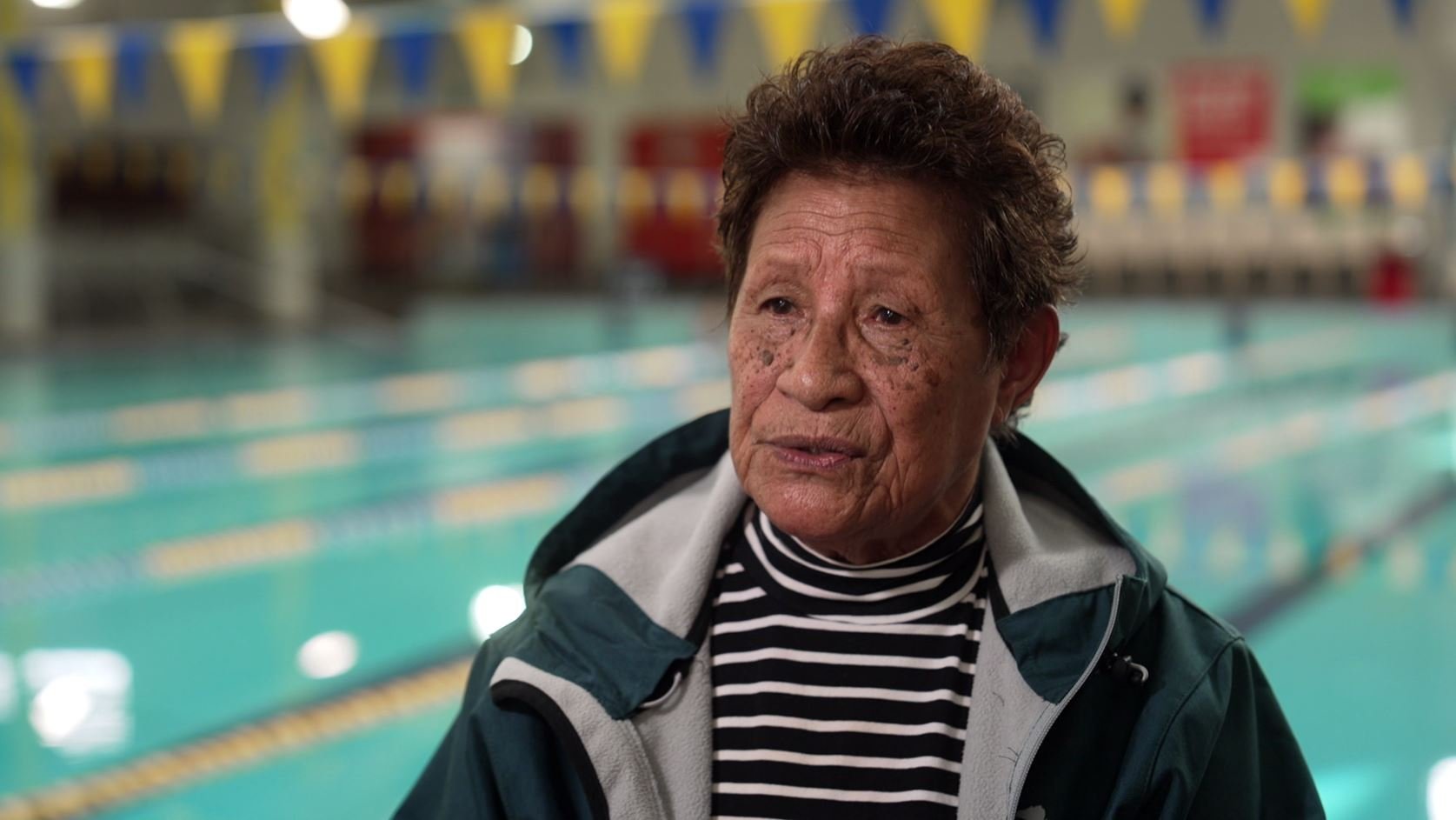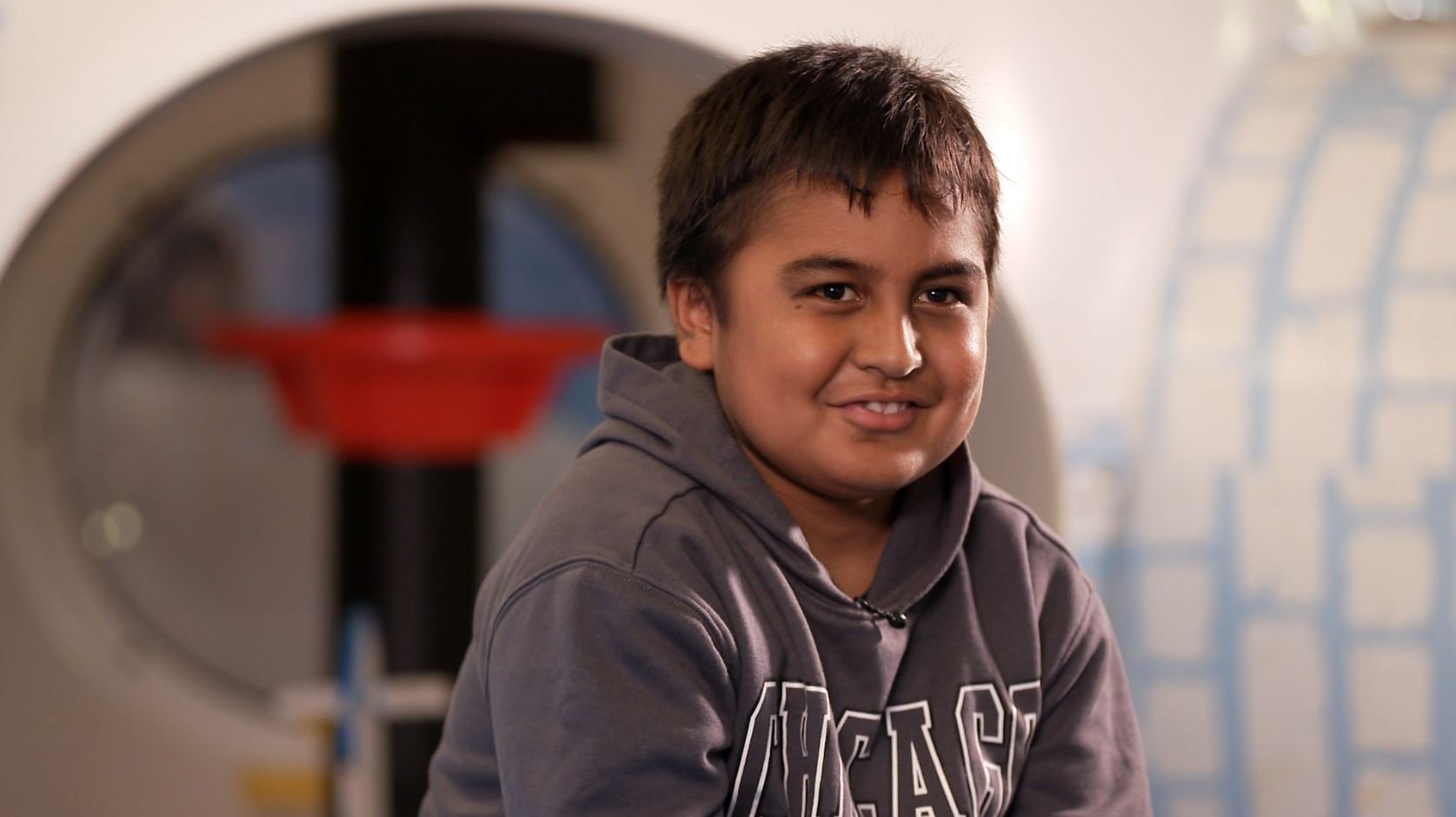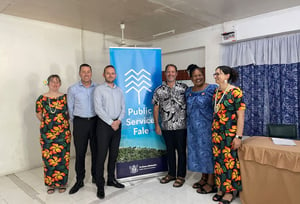Public Interest Journalism funded through NZ On Air
The Cook Islands wrapped up the bicentenary of the arrival of Christianity last month with a series of events across Rarotonga.
The gospel in the form of the London Missionary Society (LMS), arrived on Rarotonga on July 25, 1823, after earlier stopping over at the nearby islands of Atiu, Mitiaro and Mauke.
In fact, the LMS had arrived in these islands almost two years earlier, when the Rev John Williams reached Aitutaki on October 26th, 1821, a day celebrated for many years as ‘Gospel Day’ by the Cook Islands Christian Church (CICC), the successor to the LMS.
When Williams arrived at Aitutaki, he had two Tahitian teachers whom he left behind to preach the gospel, they were Papeiha and Vahapata. When Williams returned in 1823 the duo had converted most of the island.
And It was Papeiha who travelled with Williams and made the landing on Rarotonga in 1923.
Fast forward to 2023 and a re-enactment of the arrival is being held on the Avarua Waterfront. This time traditional and church leaders take the place of the arriving missionaries who disembark before making their way inland to ‘Avaiki Tautau’ where it’s believed Papehia preached his first sermon.
CICC Historian Tangata Vainerere says, two hundred years ago, it was only Papeiha and a small party of Rarotongans stranded in Aitutaki, who came ashore.
“They land at the harbour there, Tuitui Ka Moana, and his [Papeiha’s] early step on to the shore,” Vainerere says.
“He stood under a mahogany or Tamanu mangrove and just spoke to the people. But this place here is when he is said to have done his actual preaching from Luke 19-10, which says, ‘the son of man, has come to seek and save the lost’. So that verse is what Avaiki Tautau is all about.”
Following the service, the re-enactment delegation made it’s way to the nearby Takamoa Theological College for the unveiling of a special monument marking the bicentenary. As well as outlining the events which transpired on Rarotonga, the monuments also pay tribute to the landing in the outer islands.
“We have included the three islands, including Aitutaki as being part of the celebration,” says CICC General Secretary Ken Ben.
“We went back to 1821, you know, 2021 when they celebrated in Aitutaki, so we have included all of them, together as part of the celebration, as one people, especially the focus really here is, you know, as one people, you know, Cook Islands under the banner of our Lord and saviour, Jesus Christ.”
Across in the district of Puaikura, the community there is preparing for a special tribute to the chief who was first to embrace Christianity 200 years ago, Tinomana Enuarurutini Ariki.
His grave is on a hilltop at Kura Aka’angi Marae in the Maungaroa Valley, and the young and elderly have made their way to the top of the hill to unveil a number of monuments erected in his honour.
“This is the great Tinomana that accepted the gospel,” says Teariki Heather, from the Arorangi Ekalesia.
“And through his heathen, sort of Devilish ways, he managed…through his Christian faith, believed there was a God, a true God. This is a message we’d like to leave with our children so they can continue to believe in Christ our lord and saviour.”
Enuarurutini played a pivotal role in the Christianisation of Rarotonga, first to embrace Christianity, he also took Papeiha as his son-in-law; the Tahitian missionary taking the Ariki’s daughter Te Vaeruarangi as his wife.
The role Enuarurutini and Papeiha played in the district was remembered with a special monument sponsored by the current Tinomana title-holder, Tinomana Tokerau Ariki. With many descendants of Papeiha living throughout the district, it was a source of pride for them.
“I’m proud. I am so proud,” says Sam Crocombe a descendant of Papeiha’s.
A businessman who ran tours on the Rarotonga, Crocombe says he was always under the impression the Rev John Williams was responsible for the evangelisation of the island, until he was put right by his late father, Professor Ron Crocombe.
“He said to me, my boy, you’re talking about the wrong history here. That’s the book about Papeiha, read it then you know,” Crocombe says.
“So when I read it and I said to myself, wow, John Williams, he didn’t step ashore here. It took him three or four years to come ashore. Papeiha came ashore in 1823, John Williams came ashore in 1825. See, when the people were civilized. So really, then that’s when I changed my story.”













